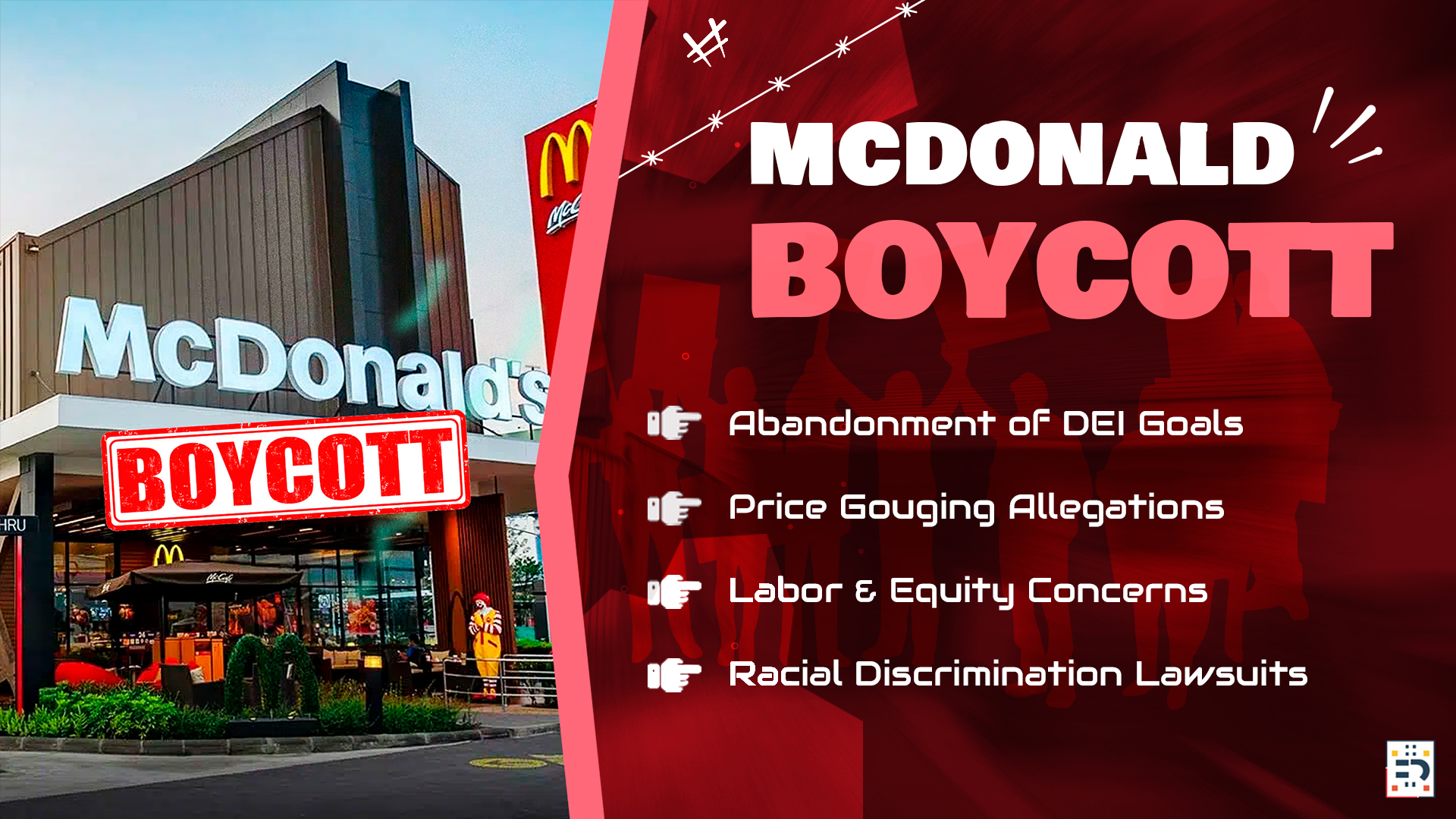The Rise of McDonald’s: A Global Fast-Food Giant
What started as a small barbecue joint in 1940 has since evolved into a cornerstone of American and global fast food. Brothers Richard and Maurice McDonald launched their original restaurant in San Bernardino, California, offering a wide menu with traditional carhop service. But in 1948, seeking efficiency and simplicity, they pioneered the “Speedee Service System”—a revolutionary kitchen model that slashed service time and focused on just a few items: burgers, fries, and shakes.
In 1954, Ray Kroc, a milkshake machine salesman, saw the McDonald brothers’ operation and recognized its potential for replication. He struck a deal and opened the first franchised McDonald’s in Des Plaines, Illinois in 1955. By 1961, Kroc bought out the brothers for $2.7 million, gained full control, and began the aggressive expansion that made McDonald’s a symbol of American consumerism.
From there, the brand exploded:
- 1967: Expansion into Canada and Puerto Rico marked its first international steps.
- 1970s–1990s: Introduction of staples like the Big Mac, Egg McMuffin, Happy Meal, and drive-thru service.
- 2000s–2020s: Emphasis on global reach, McCafé, all-day breakfast, digital ordering, delivery apps, and eco-initiatives.
Today, McDonald’s operates in over 100 countries, with more than 36,000 locations, serving an estimated 69 million people daily. It earns approximately $26 billion annually, making it the largest fast-food chain by revenue worldwide.
A Changing Public Mood: Why McDonald’s Is Facing a Boycott
Despite its decades of success, McDonald’s now finds itself embroiled in controversy. As of June 24–30, 2025, a week-long boycott has been launched against the company by The People’s Union USA, under their “Economic Blackout Tour.”
Key grievances behind the boycott include:
- Abandonment of DEI Goals: In January, McDonald’s quietly dropped corporate diversity targets and cut DEI (Diversity, Equity, and Inclusion) supplier programs. Critics say this sends a message that the company is backtracking on social responsibility.
- Price Gouging Allegations: As prices for basic meals rose in recent years, many have accused McDonald’s of exploiting inflation to boost profit margins.
- Labor & Equity Concerns: Protestors cite wage stagnation, anti-union tactics, and tax avoidance, particularly in low-income and marginalized communities.
- Racial Discrimination Lawsuits: Over 40 former Black franchisees have supported the boycott, alleging years of discriminatory practices in store placements, contract terms, and operational support.
According to John A. Schwarz, founder of The People’s Union, “McDonald’s has profited enormously off the backs of working-class and minority communities. Yet when it comes to equity, labor rights, or accountability, they fall drastically short.”
What This Means for McDonald’s
The timing of the boycott is critical. McDonald’s is already navigating:
- Its worst drop in U.S. foot traffic since the pandemic.
- Rising beef and labor costs.
- A consumer base growing more price-sensitive and socially conscious.
Financial analysts warn that even a short disruption could damage quarterly sales and long-term brand trust. According to Barron’s, the boycott—while brief—“could leave a longer shadow if it amplifies consumer dissatisfaction or attracts political momentum.”
McDonald’s has yet to issue a strong public response.
Conclusion: A Defining Moment for the Golden Arches?
McDonald’s was built on innovation and relentless growth, but now it must confront new expectations—especially from a generation that values ethics, equity, and accountability as much as convenience and cost.
Whether this boycott triggers real change or is a temporary dent in the fast-food giant’s reputation remains to be seen. But one thing is clear: the public is watching, and the conversation around corporate responsibility has reached the drive-thru window.


